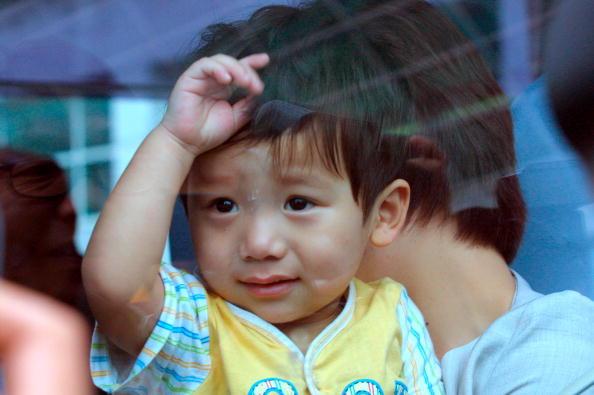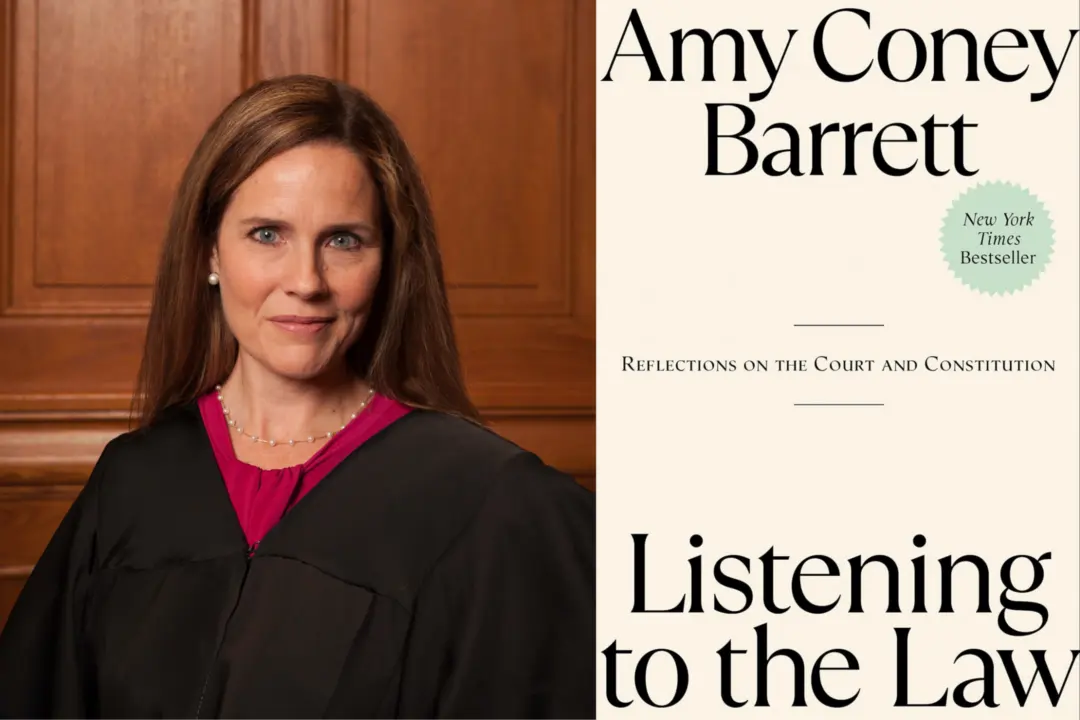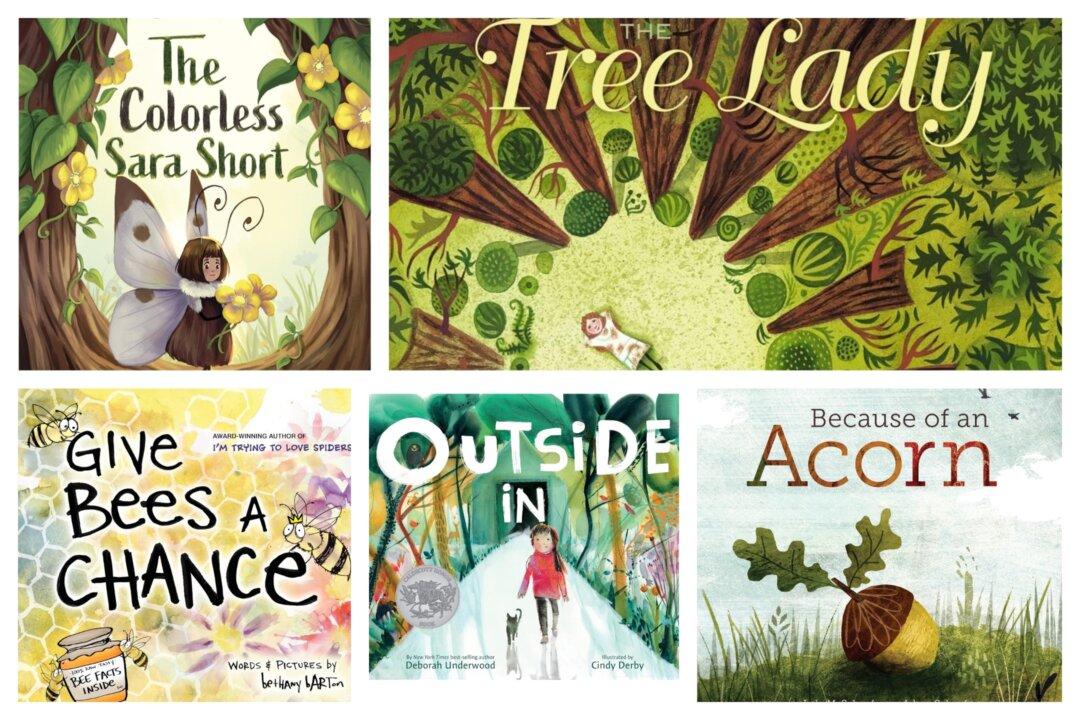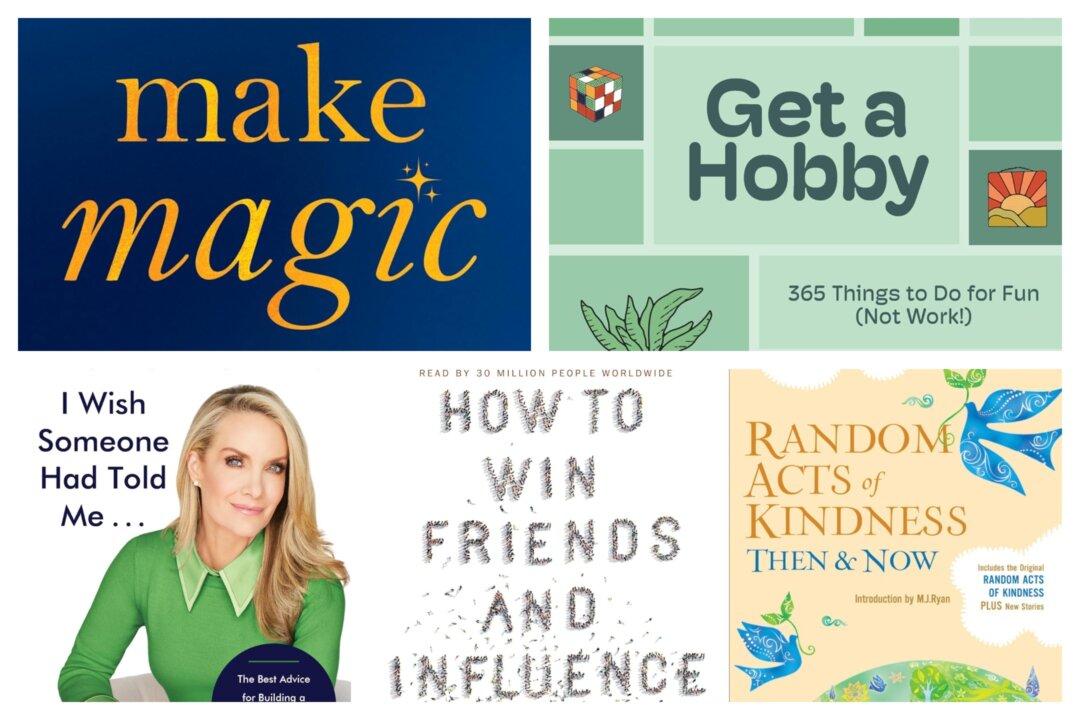In her new book, “While Time Remains: A North Korean Defector’s Search for Freedom in America,” Yeonmi Park issues an ominous warning about what the future may hold for America if the present course is not reversed.
Park was born in North Korea and endured a horrible existence in her early years, which she wrote about in her first book, “In Order to Live: A North Korean Girl’s Journey to Freedom.” As a young teenager, she decided to escape to China. She contemplated suicide on the way if she was caught.





